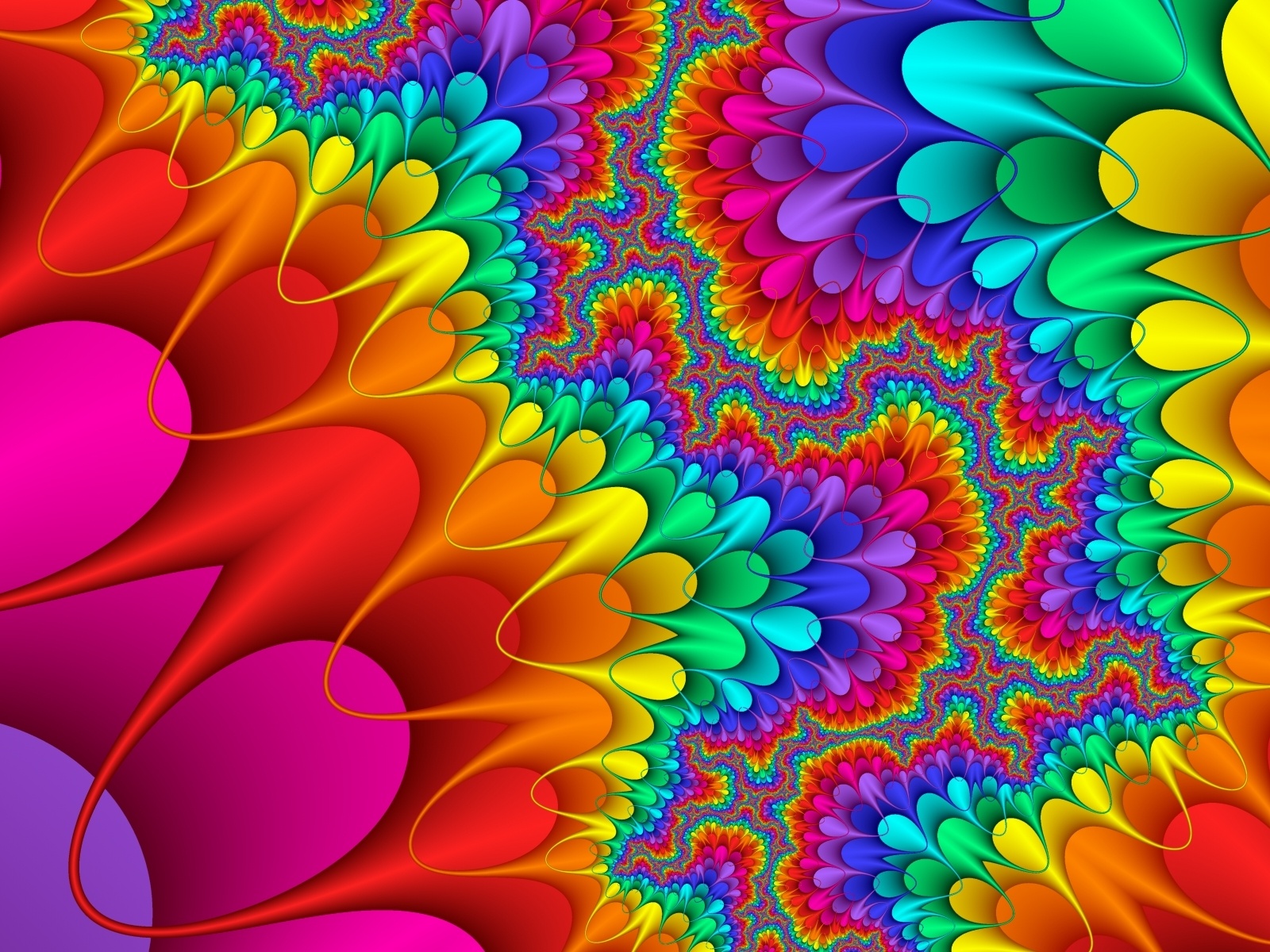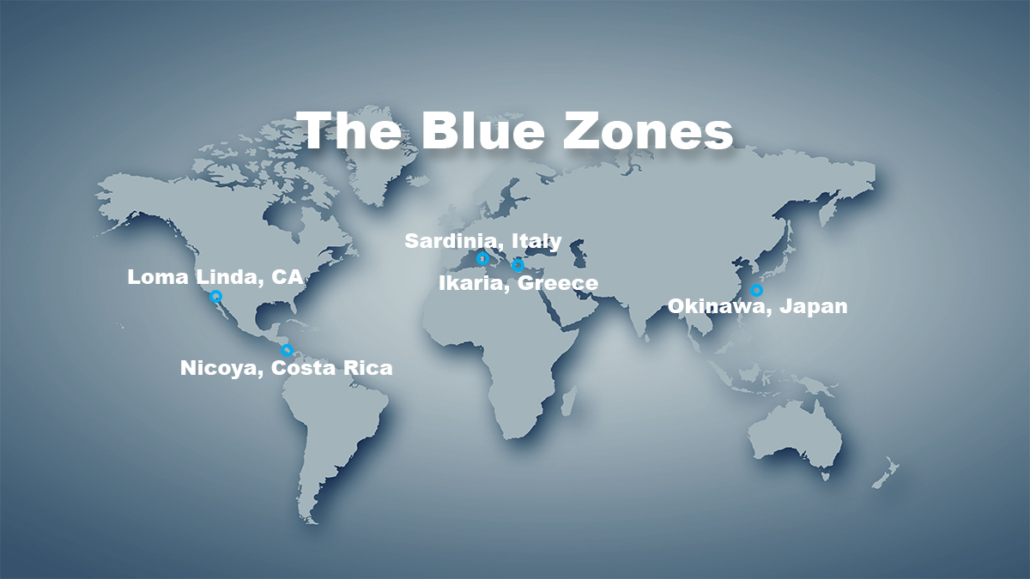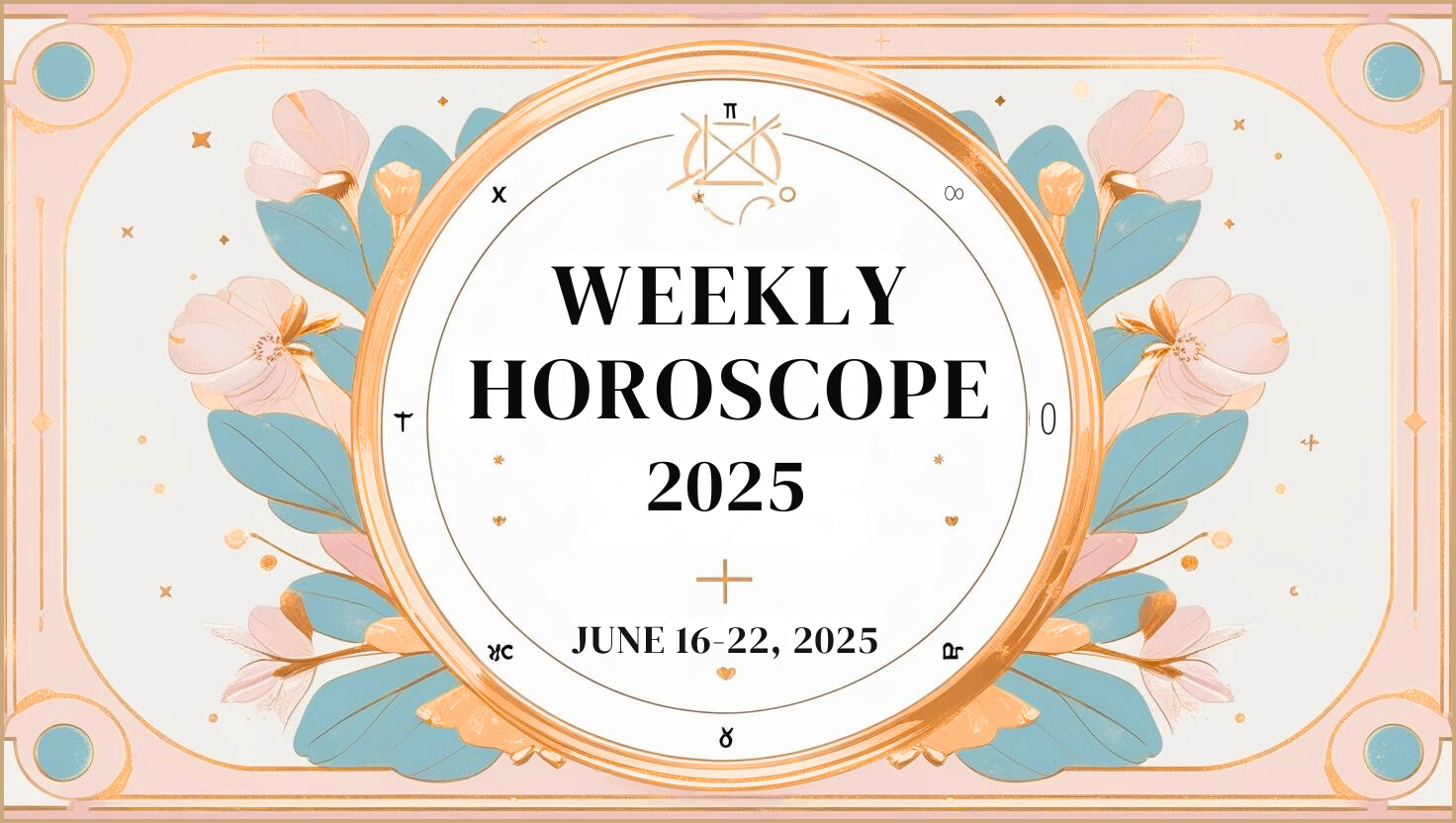The rising role of psychedelic-assisted therapy in treating depression, PTSD, and anxiety in 2025. Backed by science and global trends.
Psychedelic
Psychedelics are a class of psychoactive substances that alter perception, mood, and cognitive processes. Traditionally used in indigenous rituals and spiritual practices, substances like psilocybin (magic mushrooms), LSD, and ayahuasca are now being researched for their profound therapeutic potential.
Their effects include expanded consciousness, emotional breakthroughs, and a sense of interconnectedness—making them powerful tools for psychological healing when used responsibly.
A Shift in Consciousness
Once relegated to the fringes of medical research, psychedelic-assisted therapy is now entering mainstream mental health treatment. Backed by major institutions and government trials, this powerful form of therapy is reshaping how we address treatment-resistant depression, PTSD, anxiety, and end-of-life distress.
“The full potential of psychedelics is only realized when used in a context of deep inner exploration.” — Stanislav Grof, LSD Psychotherapy (1980)
What Is Psychedelic-Assisted Therapy?
Psychedelic-assisted therapy combines the administration of a psychedelic substance—such as psilocybin, MDMA, or ketamine—with guided psychotherapy. It differs from recreational psychedelic use in that it occurs in a controlled, clinical setting with trained professionals.
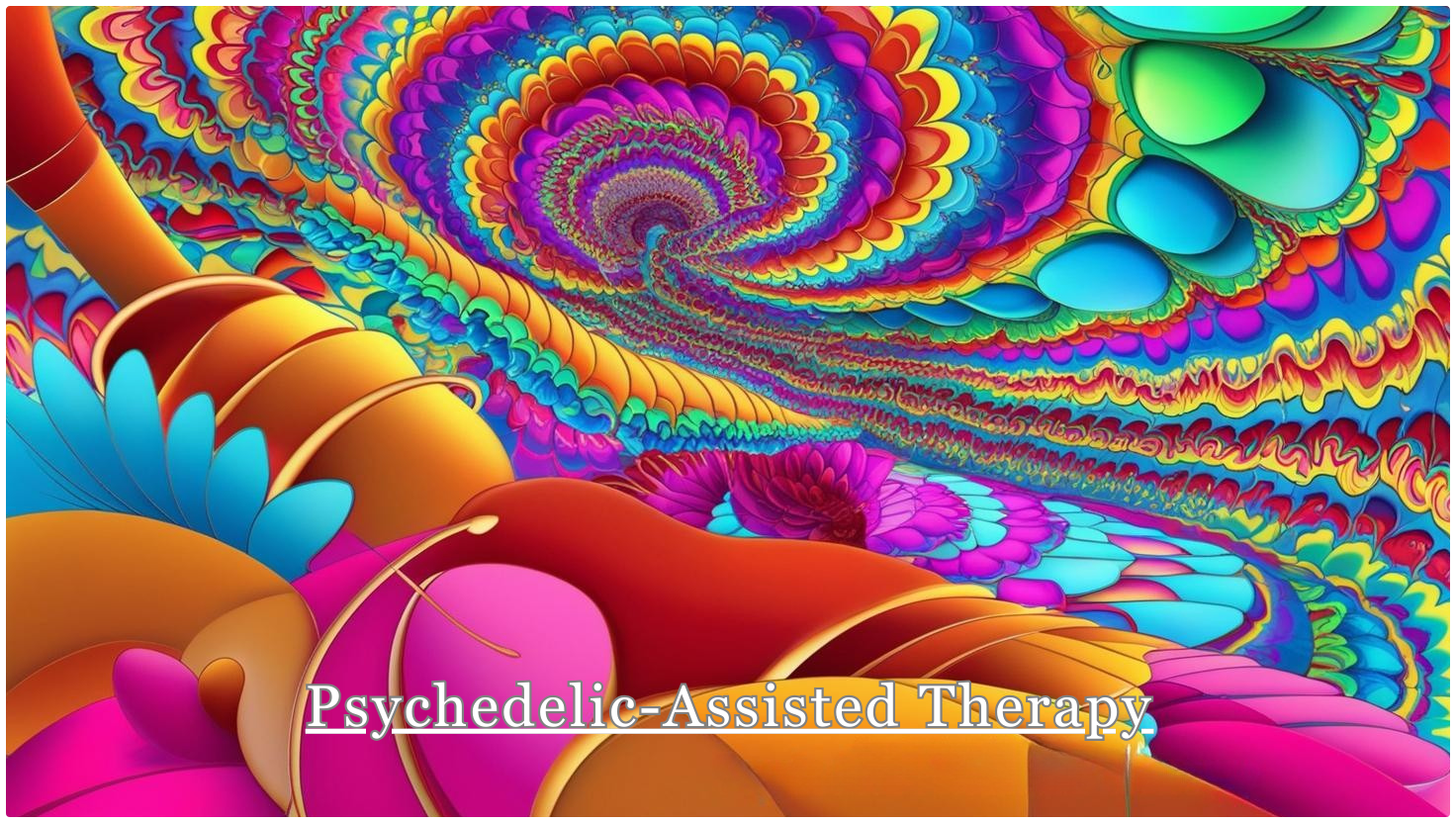
The Science Behind the Shift
Recent studies from institutions like Johns Hopkins University and Imperial College London show that psilocybin can induce neuroplasticity, helping the brain “rewire” in positive ways.
- Johns Hopkins has published clinical data demonstrating the use of psilocybin in reducing major depressive symptoms in studies like the one featured in JAMA Psychiatry (Davis et al., 2020).
- Imperial College London has published findings in journals such as The New England Journal of Medicine (Carhart-Harris et al., 2021), comparing psilocybin to traditional antidepressants.
- MDMA, under FDA Breakthrough Therapy status, has shown extraordinary promise in reducing PTSD symptoms, as supported by the Phase 3 clinical trials published by the Multidisciplinary Association for Psychedelic Studies (MAPS), including a landmark 2021 study in Nature Medicine.
These breakthroughs are propelling a new era of evidence-based treatment.
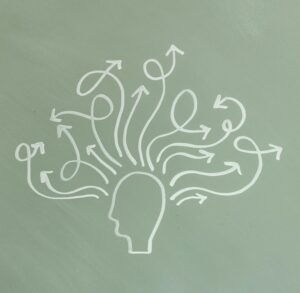
Conditions Being Treated
Treatment-resistant depression
Post-Traumatic Stress Disorder (PTSD)
Anxiety disorders
End-of-life existential distress
Substance use disorders
Clinical trials are also exploring applications in eating disorders and OCD.
Challenges & Ethical Concerns
While promising, the therapy comes with challenges:
- Accessibility & affordability
- Risk of psychological distress or “bad trips”
- Lack of uniform global regulation
- Risk of commercialization without safeguards
Integrating Psychedelics into Wellness Practices
Wellness communities are increasingly incorporating micro-dosing, integration circles, and retreat-style settings for post-therapy support. This hybrid of science and spirituality reflects a new path where transformation is holistic—body, mind, and consciousness.
The Future is Conscious
Psychedelic-assisted therapy isn’t just about curing illness—it’s about awakening new states of being. As we move deeper into 2025, this field offers one of the most revolutionary tools for mental, emotional, and spiritual healing.
Disclaimer: This article is for informational purposes only and not a substitute for professional medical advice. Always consult with a licensed healthcare provider before exploring new treatments.


